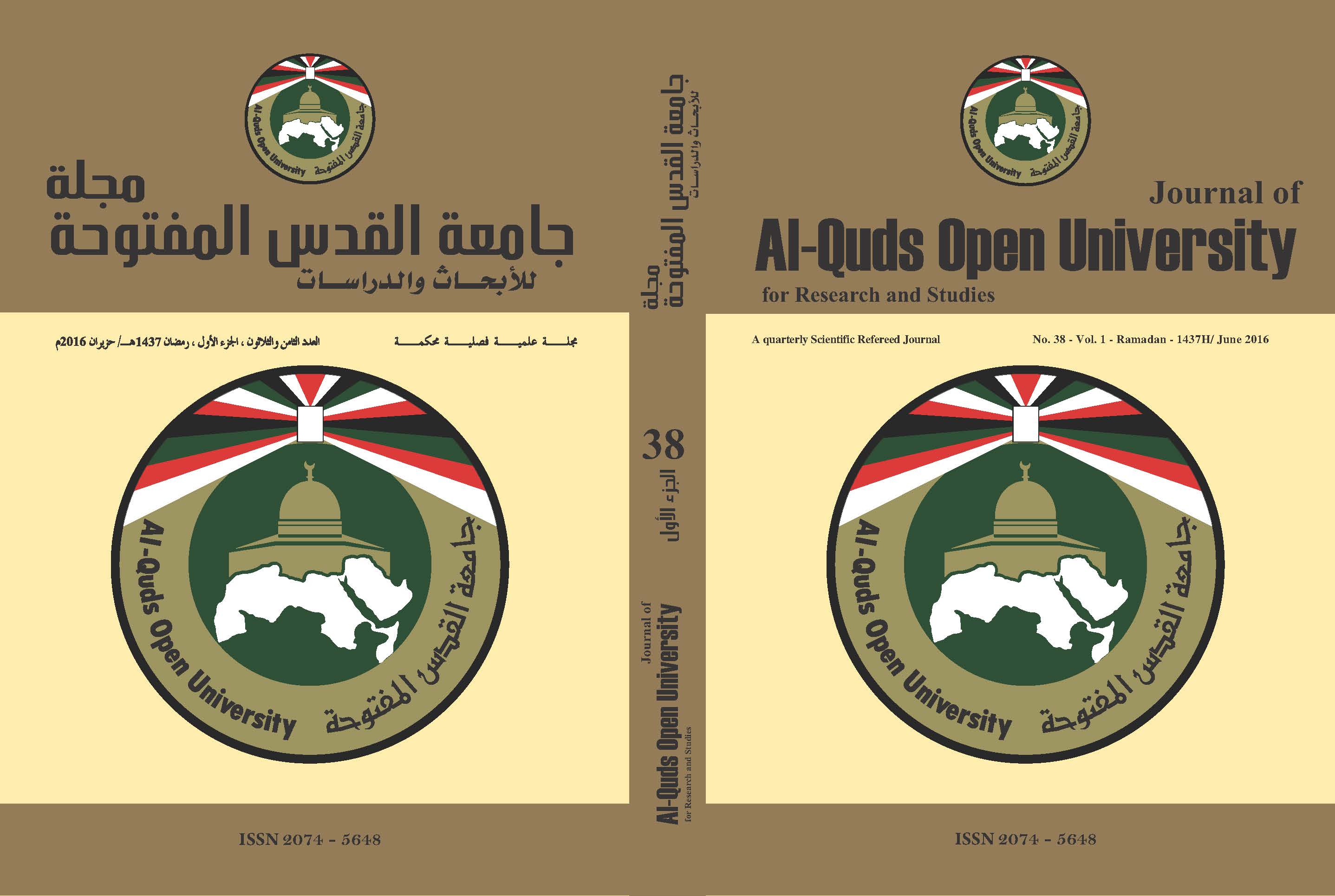Cultural Dialogue Through literature: The Implications of Homi Bhabha’s Theory of Hybridity in the Literature Class
Keywords:
الهجنة الثقافية، الحوار الثقافي، الأدب، هومي بابAbstract
The present paper aspires to vindicate Homi Bhabha’s theorization
of cultural hybridity and its implications in reading Western literary
texts, which are not immune from imperialism and hegemony. The act of
reading is a process of cultural hybridity in which the student’s negotiation
of meaning transcends the Manichean polarities us/them, Self/Other,
colonizer/Colonized. The text itself is a hybrid, nomadic, and ryizomatic
world where meaning is generated out of the transaction between the
student’s culture and that of the author. The intercultural encounter results
in a liminal space, which is also dubbed Third Space or interstice, which
prevails over dichotomies. The student’s cultural identity and the text’s
meaning are both located in the in-between. Of outmost significance, the
paper evinces the threat of cultural assimilation when reading the theories
of cultural hybridity.
Downloads
Published
How to Cite
Issue
Section
License
- The editorial board confirms its commitment to the intellectual property rights
- Researchers also have to commit to the intellectual property rights.
- The research copyrights and publication are owned by the Journal once the researcher is notified about the approval of the paper. The scientific materials published or approved for publishing in the Journal should not be republished unless a written acknowledgment is obtained by the Deanship of Scientific Research.
- Research papers should not be published or republished unless a written acknowledgement is obtained from the Deanship of Scientific Research.
- The researcher has the right to accredit the research to himself, and to place his name on all the copies, editions and volumes published.
- The author has the right to request the accreditation of the published papers to himself.













_2.png)
_.png)
_2.png)
_1.png)
_.png)

